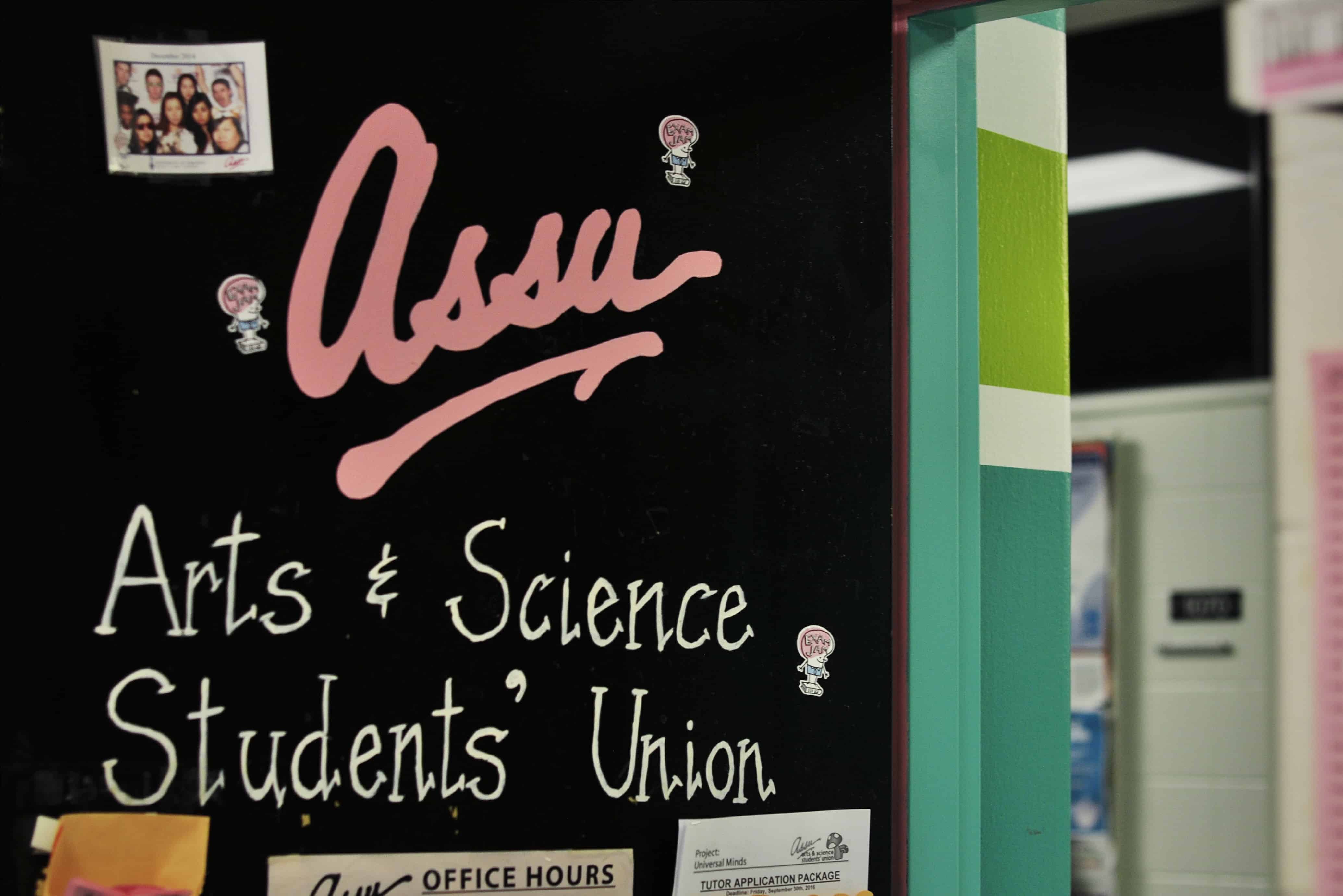The Arts and Science Students’ Union (ASSU) has successfully passed its levy referendum to increase its fee from $9.50 to $11.00 per term and tie it to the Consumer Price Index (CPI) starting in fall 2019. Around four per cent of eligible students voted in the referendum.
Preliminary results released by ASSU on February 15 reveal that the referendum succeeded with 597 students — 57 per cent — voting in favour of the levy increase and 440 students — 42 per cent — voting against it. Eleven students — one per cent — abstained.
In addition to the increase of the levy, the referendum also narrowly succeeded by nine votes in approving a cost of living increase each year as determined by the CPI, with 480 in favour, 471 against, and 97 abstaining.
In total, 1048 students voted of over 23,000 full-time undergraduates in the Faculty of Arts & Science represented by ASSU. Voting took place online and in-person at Sidney Smith Hall.
Potential effects of the levy increase
All full-time undergraduates in the Faculty of Arts & Science pay the ASSU levy, which goes into funding services such as course unions and bursaries. A course union is a student union that represents a particular program of study.
Course union spending may increase, which may broaden the number of events available to students, said ASSU President Haseeb Hassaan. Students may also receive more opportunities for scholarships and bursaries.
However, Hassaan noted that a specific breakdown of planned spending of the increased funding is currently unavailable, as the present ASSU executive aims to let the next executive decide how to spend the funds. The new ASSU executive would assume office on May 1 once elected.
Motivations behind the referendum
ASSU explained the timing of the referendum in a public statement on January 28, writing that it has “historically asked students for a levy increase on a 5 or 6-year cycle” to account for inflation.
A previous referendum by ASSU to raise its levy failed in 2016.
Hassaan believes that students may have voted in favour of the levy increase this time because ASSU “did a really good job of communicating and talking to students about the work that we do.”
Another factor may have been ASSU’s increased direct engagement with students, said Hassaan. “We partnered up with a lot of our course unions and made them the focal point of our campaign because, in my honest opinion, I think course unions are one of the most fundamental things that ASSU does, and that’s where a lot of our funding goes.”
Explaining the ballot requesting an annual levy increase tied to the CPI, Hassaan said that ASSU thought it was a “smart, sound financial decision to make” to account for annual changes to the cost of living. He also noted that other student unions on campus, such as the UTSU, have already tied their levies to the CPI.
Responding to voices against the levy increase
Asked how ASSU would respond to students who have spoken against the levy increase, Hassaan noted that there have been “a lot of valid criticisms.”
He continued by saying that ASSU is “taking a lot of what people have said and the arguments against the increase, and hopefully we will implement some changes.”
Hassaan further noted that ASSU plans to host an annual general meeting or a town hall to receive student concerns. However, Hassaan said that ASSU had discussed this before the announcement of the referendum.
“We are hoping to do one this year,” said Hassaan. “If not me as president, hopefully the future executives could do it.”


